The Sea-Kings of Crete
Book Excerpt
In the Dictæan cave, also, Zeus grown to maturity, was united to Europa, the daughter of man, in the sacred marriage from which sprang Minos, the great legendary figure of Crete. And to Crete the island god returned to close his divine life. Primitive legend asserted that his tomb was on Mount Juktas, the conical hill which overlooks the ruins of the city of Minos, his son, his friend, and his priest. It was this surprising claim of the Cretans to possess the burial-place of the supreme God of Hellas which first attached to them the unenviable reputation for falsehood which clung to them throughout the classical period, and was crystallized by Callimachus in the form adopted by St. Paul in the Epistle to Titus--'The Cretans are alway liars.'
It is round Minos, the son of Zeus and Europa, that the bulk
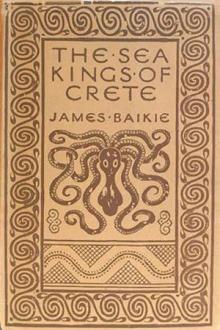
 Free Download
Free Download













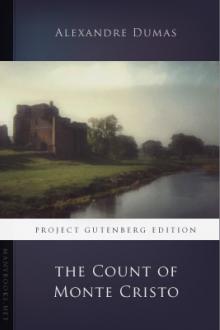

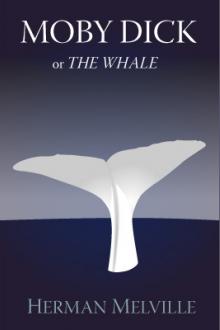
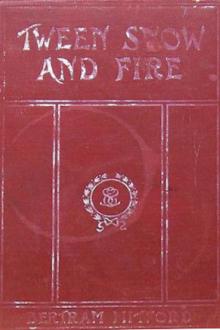
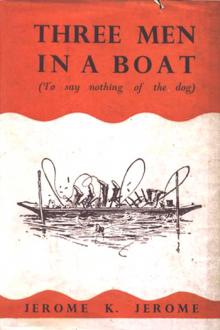


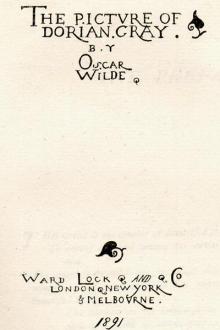


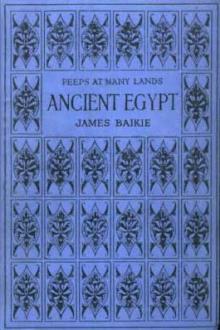
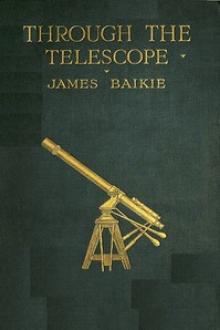
-itok=vcKIB5v1.jpg)